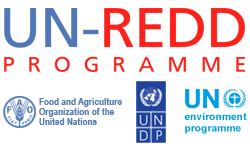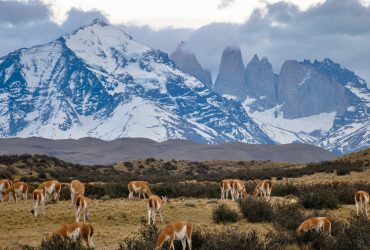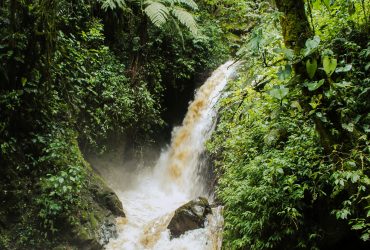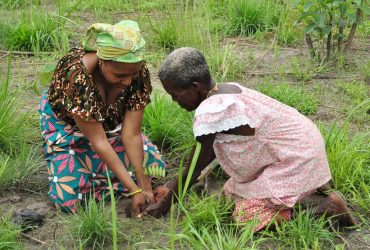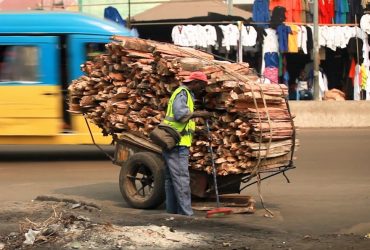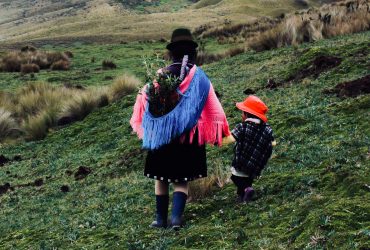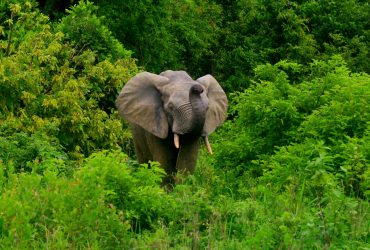PROGRESS AGAINST THE WARSAW FRAMEWORK
Costa Rica has completed all the Warsaw Pillars and reported its first REDD+ results to the UNFCCC in its BUR REDD+ Technical Annex (link here) in 2019.
NS/AP: Building upon decades of experience implementing a pioneer system for Payments for Environmental Services (PES), Costa Rica’s National REDD+ Strategy (ENREDD) and its corresponding implementation plan were developed during the readiness phase. This, in turn, was built on the policies and measures (PAMs) that the government has been implementing since the 1990s. The institutional framework comprises the Ministry of Environment and Energy and the following ascribed institutions: the National Fund for Forest Financing (FONAFIFO), the National System for Conservation Areas (SINAC), the National Forestry Office (ONF) and the Executive Decree No 37352 which details provisions for the implementation of the REDD+ mechanism in Costa Rica. FONAFIFO, with its REDD+ Secretariat, is the national institution in charge of coordinating the implementation of the ENAREDD.
FREL/FRL: Costa Rica presented its FREL to the UNFCCC in January, 2016, with a modified submission responding to the comments of the technical assessment team presented in May, 2016 (link here). The technical assessment report was produced by the UNFCCC in April, 2017 (link here).
NFMS: Costa Rica’s National Forest Monitoring System is part of a broader land, land-use change and ecosystems monitoring system called Sistema Nacional de Monitoreo de la Cobertura y Uso de la Tierra y Ecosistemas (SIMOCUTE). It was created to track land use change and compile the activity data needed for MRV, followi a stepwise approach to monitor the implementation of forest and land-use policies and measures and tracking if results are actually achieved. The system aims to provide periodic information on forest resources for official reports on forest emissions to be submitted to REDD+ Result-based Payments programs, including the REDD+ Annex of the BUR and monitoring reports of Emission Reduction Programs such as the FCPF Carbon Fund, ART/TREES and VCS JNR.
SIS: Costa Rica has submitted its first summary of information (SOI) to the UNFCCC, which includes a complete analysis of the national circumstances for REDD+ in the country, the safeguards processes developed with the FCPF support (described in the section above), the national approach and national interpretation for safeguards, the proposal for operationalizing the SIS and a description on how Cancun safeguards were applied in the results period. The SOI describes how Costa Rica’s specific legal and policy framework has been applied throughout the preparation phase and early efforts related to the National REDD + Strategy, constituting evidence of how the country has respected safeguards to date.
Costa Rica’s safeguards information system (SIS), described in the SOI, was designed based on a stepwise approach and building heavily upon the strong environmental and social framework developed for the FCPF Carbon Fund and the GCF RBPs. It is based on continuous learning and improvement, and progress in implementation will be reported in the next summaries of safeguards information.
